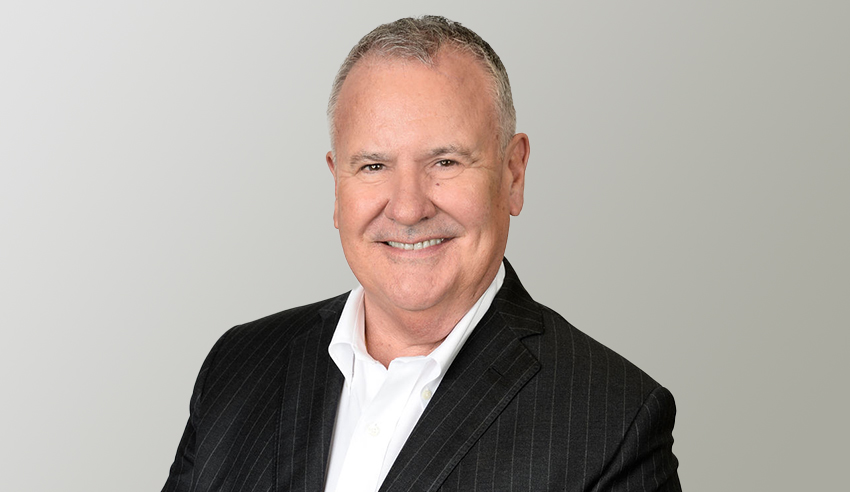Cornwalls managing partner Paul McCann, who used to head up the Sydney office for Corrs Chambers Westgarth, knows what it takes not only to thrive in law but be happy as well.

Speaking recently on The Lawyers Weekly Show, Mr McCann (pictured) – who was a finalist in the dispute resolution category at the 2021 Partner of the Year Awards and a finalist in the partner of the year category at the 2021 Australian Law Awards – reflected that “success in law is not a sprint”.
Given the longevity of the vocational path in law, Mr McCann outlined a handful of steps that he sees as being fundamental both to one’s success as a lawyer and leader and also the extent to which one can and will enjoy their time in the legal profession.
These steps, he noted, are ones that he is “absolutely and consistently committed to” as a leader.
Firstly, he said, “it doesn’t matter who you are; if you’re in a position of authority, go out of your way to say hello to people, even if you stand next to them in a lift”.
“You stand next to some of the partners in a lift, and when the lawyers get on, they just look at them. I don’t. I say, ‘Hello’. I say, ‘Where are you working on? How you going? Everything under control?’. It costs you nothing to do that, and it means a hell of a lot to them,” he advised.
Such communication is critical also because it helps solve “another problem that lawyers have”, Mr McCann added, being that incidental, non-deliberate conversations can impact upon the obligations of individuals and teams to complete their duties in a reasonable daily time frame.
There is, however, a way for those in leadership, and those striving for such positions, to deal with this, he noted.
“When you get in each morning, you set the times. You set a time to come in, and then you set a time to go home. When you calculate that time, you’ll find there’s plenty of hours to hit a budget as long as you commit to it,” he suggested.
Such structure, both with deliberate conversations and expectation management around workload, goes a long way to ensuring that one can have a life after the day is over, even if we all go home and turn on our iPads, Mr McCann said.
For many people, that life after a day’s work is family. “I’ve got three kids, whom I had all through my formative years, and I always – unless I was interstate somewhere – got home at a time I could be there with them and have a chat to them,” he said.
Part of ensuring that one has a life outside of legal practice, Mr McCann went on, is including at least one enjoyable activity in the schedule of every single day.
“You must try to enjoy life at least once a day, where you go out and have a bit of a walk, or you go to the gym, or just go and sit in the sun. You need to do that because I think it’s very important for mental health issues, just to learn that there are things on the other side,” he said.
All of these steps, Mr McCann, put one in the best possible position to achieve his final, and perhaps most important, suggestion: enjoying life in law, including through the use of laughter.
“It doesn’t have to be gut-wrenching belly-aching laughter. It just has to be sharing a bit of humour with people, and I think humour and laughter is really one of the secret recipes for people having a different experience at these early formative years of their life practising law and good law,” he concluded.
The transcript of this podcast episode was slightly edited for publishing purposes. To listen to the full conversation with Paul McCann, click below:

Jerome Doraisamy is the managing editor of professional services (including Lawyers Weekly, HR Leader, Accountants Daily, and Accounting Times). He is also the author of The Wellness Doctrines book series, an admitted solicitor in New South Wales, and a board director of the Minds Count Foundation.
You can email Jerome at: